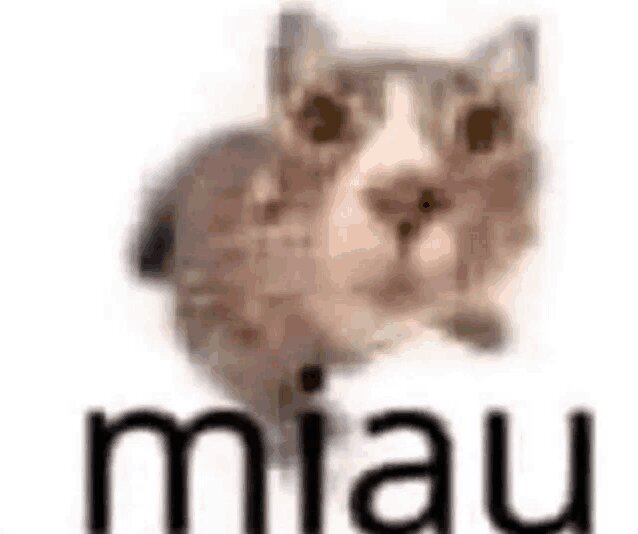1
2
3
4
5
6
7
8
9
10
11
12
13
14
15
16
17
18
19
20
21
22
23
24
25
26
27
28
29
30
31
32
33
34
35
36
37
38
39
40
41
42
43
44
45
46
47
48
49
50
51
52
53
54
55
56
57
58
59
60
61
62
63
64
65
66
67
68
69
70
71
72
73
74
75
76
77
78
79
80
81
82
83
84
85
86
87
88
89
90
|
// Implements a dictionary's functionality
#include <ctype.h>
#include <stdbool.h>
#include <stdio.h>
#include "dictionary.h"
// Represents a node in a hash table
typedef struct node
{
char word[LENGTH + 1];
struct node *next;
} node;
// TODO: Choose number of buckets in hash table
const unsigned int N = 26;
// Hash table
node *table[N];
// Returns true if word is in dictionary, else false
bool check(const char *word)
{
// TODO
return false;
}
// Hashes word to a number
unsigned int hash(const char *word)
{
// (sum of (letter - 'A') % 26) of a word to get a value of where to store it in the hash table
int val = 0;
for (int i = 0; word[i] != '\0'; i++)
{
val += toupper(word[i]) - 'A';
}
return val %= 26;
}
// TODO
// Loads dictionary into memory, returning true if successful, else false
bool load(const char *dictionary)
{
// Open dictionary file
FILE *source = fopen(dictionary, "r");
if (source == NULL)
{
return 1;
}
//read each word in dictionary
char c;
char *tempword;
while (fread(&c, 1, 1, source) != 0)
{
if (c != "\n")
{
tempword += c;
}
}
// Close the dictionary file
fclose(source);
}
// Returns number of words in dictionary if loaded, else 0 if not yet loaded
unsigned int size(void)
{
// TODO
char c;
int n = 0;
while (fread(&c, 1, 1, file))
{
if (c == "\n")
{
n++;
}
}
return n;
}
// Unloads dictionary from memory, returning true if successful, else false
bool unload(void)
{
// TODO
return false;
}
|
